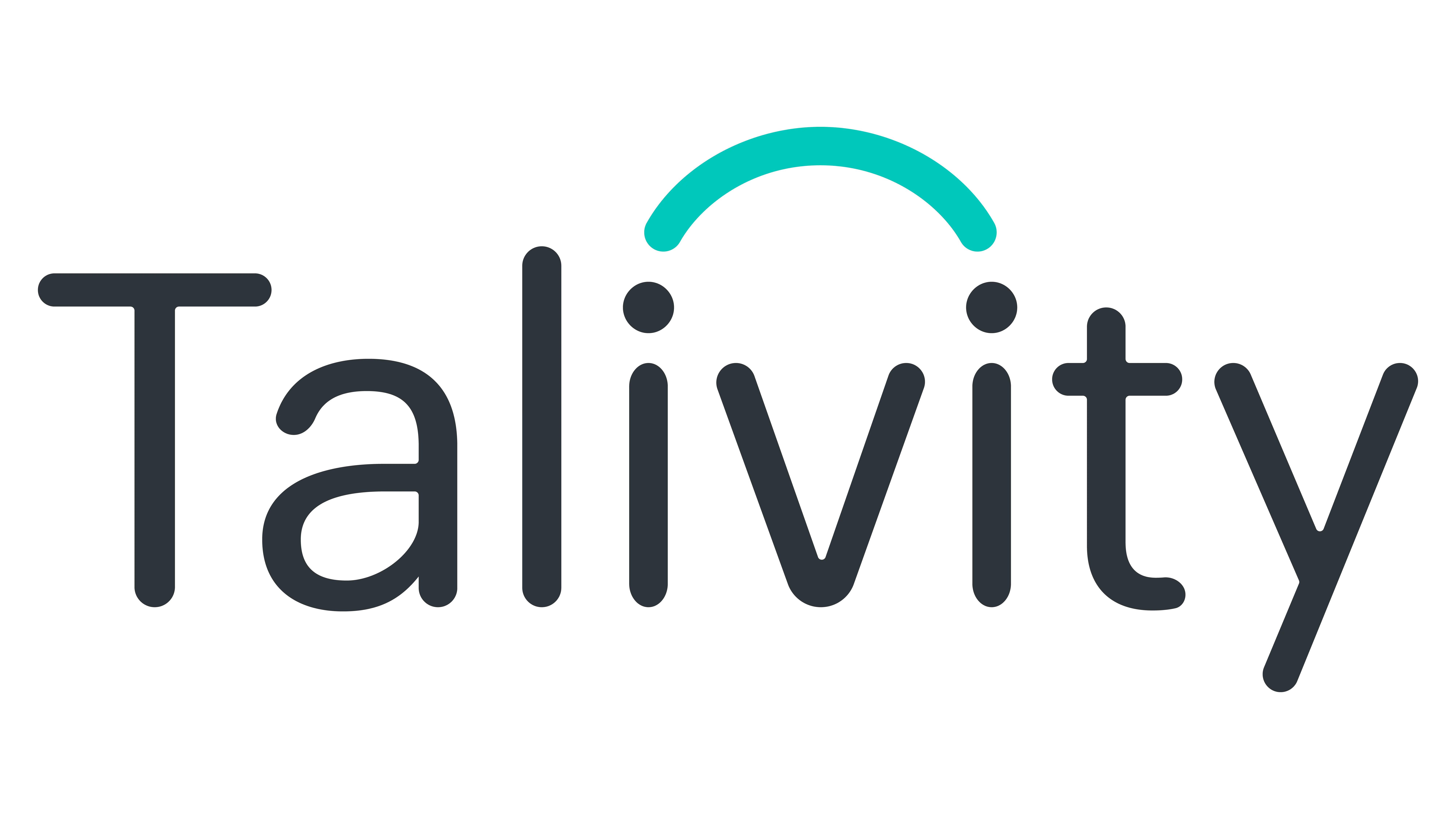Find the right solution for your business.
Explore SolutionsJoin us for our ‘Wellness in the Workplace’ Leadership Labs virtual event on October 31, 2024, at 1:00 PM ET, and discover how to foster a healthy workplace culture. It’s free!
A healthy workplace should be treated as more than just the latest workplace trend or buzzword. The American Psychological Association (APA) emphasizes that a healthy workplace supports employee well-being and boosts organizational performance. Key practices for creating a productive environment include employee involvement, growth opportunities, health and safety initiatives, work-life balance, and effective communication.
Adjusting to New Norms
The APA’s “2024 Work in America” survey shows that U.S. workers are adapting to new norms, such as intergenerational workplaces, remote work expectations, and the increasing presence of artificial intelligence (AI). Some workers embrace these changes, while others face challenges, particularly those with disabilities who report higher levels of adverse work experiences.
The Impact of Generational Differences
The modern workplace includes up to five generations working together, which brings both benefits and challenges. Most workers appreciate the diversity, but younger employees often feel that older colleagues don’t value their ideas.
Nearly half of workers aged 18–25 reported feeling lonely at work and preferred working with peers of their own age. Despite these challenges, over 90% of workers recognize the value of having colleagues from different age groups.
The Desire for Flexibility
Flexibility is key to job satisfaction.
The survey reveals that a third of workers are not working in their preferred location—whether fully remote, in-person, or hybrid. Workers overwhelmingly support the idea of a four-day workweek, with 81% agreeing they would be just as effective and happier with fewer working days.
Employers who offer flexibility are better positioned to maintain a motivated workforce and boost satisfaction.
AI Adoption and Psychological Safety
AI adoption in the workplace is growing, with 35% of workers using it regularly. However, many employers lag behind, with half having no clear policy on AI usage. This lack of guidance creates uncertainty for employees about their future roles.
Psychological safety—the ability to express oneself without fear of negative consequences—is another major factor in job satisfaction. Workers who feel psychologically safe are far less likely to report a toxic work environment. They are also more likely to maintain positive relationships with colleagues.
For employees with disabilities, the lack of psychological safety is a significant issue, affecting their overall work experience.
Building a Healthy, Productive Workplace
Employers who want to improve productivity and reduce burnout must prioritize psychological safety. This means ensuring open lines of communication, valuing employee feedback, and providing mental health resources.
By creating an environment where all employees feel safe and supported, companies can foster innovation, reduce stress, and boost morale.
Ready to upgrade your workplace culture and support your team’s well-being? Discover, compare, and connect with over 1,500 verified solutions to find the best fit for your talent needs in our marketplace!
Take Action for a Better Workplace
Are you ready to tackle the challenges of today’s evolving work environment? Join us at our ‘Wellness in the Workplace’ event to hear from leading experts, including Tara Davis, Senior Director, Internal Communications & Staff Wellbeing at the APA. Gain insights into the latest trends in employee care and learn how to foster a thriving work culture.


